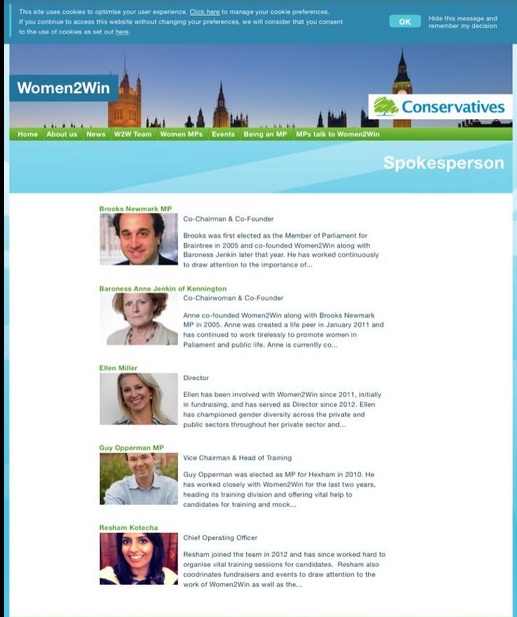First, let me declare an interest. I am an older man, metaphorically hurtling towards a BlankZero birthday, but I think I'm relatively safe in mixed company. And, by the way, I probably won't contemplate voting Liberal Democrat while Chris Rennard continues to enjoy the party whip in the Lords.
Of course, I'm nowhere near as ancient as the Methuselah Vince Cable, but I am the youthful Brooks Newmark's senior by about 0.35 of a decade.
I mention these two gents of the Commons political classes as they have both fallen foul of one of the oldest tricks of espionage and journalistic practice. It even has a name: honeytrap, defined by the Oxford dictionary as "a strategem in which an attractive person entices another person into revealing information or doing something unwise".
Dear old Vince, fairly newly installed in ministerial office in 2010, decided to show off to a couple of young women who came calling at one of his constituency surgeries. He strayed into heady political territory, mouthing off inappropriately - given his Cabinet responsibilities - about Rupert Murdoch, and of course the two young persons were really undercover reporters for the Telegraph, posing as supporters of Mr/Dr Cable's party, the Liberal Democrats.
There followed Vincesque wailing and gnashing of teeth. Moans were made about this and that Telegraph report to the Press Complaints Commission, and editorial knuckles were duly rapped.
Similar anguish about alleged press entrapment surrounds last weekend's (snigger, snigger) tale of Mr Newmark, who sent an online snap of his winky (qv), it is said framed by a fetching glimpse of his paisley pyjamas, to a "young woman" who was actually a male undercover (sic) reporter. The full tabloid exposé got an airing in the Sunday Mirror.
I got into a bit of a Twitter spat on Sunday with a Zoe Williams, of the Guardian, after I took issue with her piece suggesting that Mr Newmark should not have resigned his ministerial office for his action. I say "a", because I was as unfamiliar with her and her oeuvre as I'm certain she is of me and mine.
My own view is that Mr Newmark is now unfit even to be an MP on the ground that he is guilty, by his own admission, of an act of gross stupidity: "a complete fool". Of course, he also appeared to have undergone an irony bypass. He requested in a resignation statement that his privacy be respected.
Even people with the disadvantage of being Harvard-educated multimillionaire government ministers ought to be capable of exercising some judgement in answer to the question: "Is it OK for me, a married man with five children and with a brief in the Conservative Party for encouraging more women into Parliament through Women2Win, to send a picture of my schledium to a complete stranger?"
(My screen grab, above, of the organisation's website is from before Mr Newmark was semi-airbrushed out of its history. Then you saw him, now you don't. Although he still gets a text credit. Awww.)
Those of us who are often at the end, so to speak, of the journalistic production line need to have similar concerns as editorial lawyers about the likely provenance and veracity of copy. After us, stories are in the hand of the reader, the written-about and their lawyers.
Yes, some journalistic methods are underhand, but then so can be those of parliamentarians who, say, cook up expenses claims, incubate dodgy dossiers or take inappropriate advantage of their position.
Journalistic sting operations tend to be targeted and, whatever the protestations of the alleged victims and their apologists, often illuminate and amuse the rest of us while embarrassing the stung. I have no sympathy for senior politicians who display unacceptable naivety and get caught out.
The Newmark saga shows an imperfect, supposedly free, robust and knockabout press doing its work: keeping professional politicians with an apparently heightened sense of entitlement on their toes.
We should be grateful that stingers are often playful, investigative journalists who do care about accountable democracy in Britain and are not agents of hostile governments and groups.


 RSS Feed
RSS Feed


